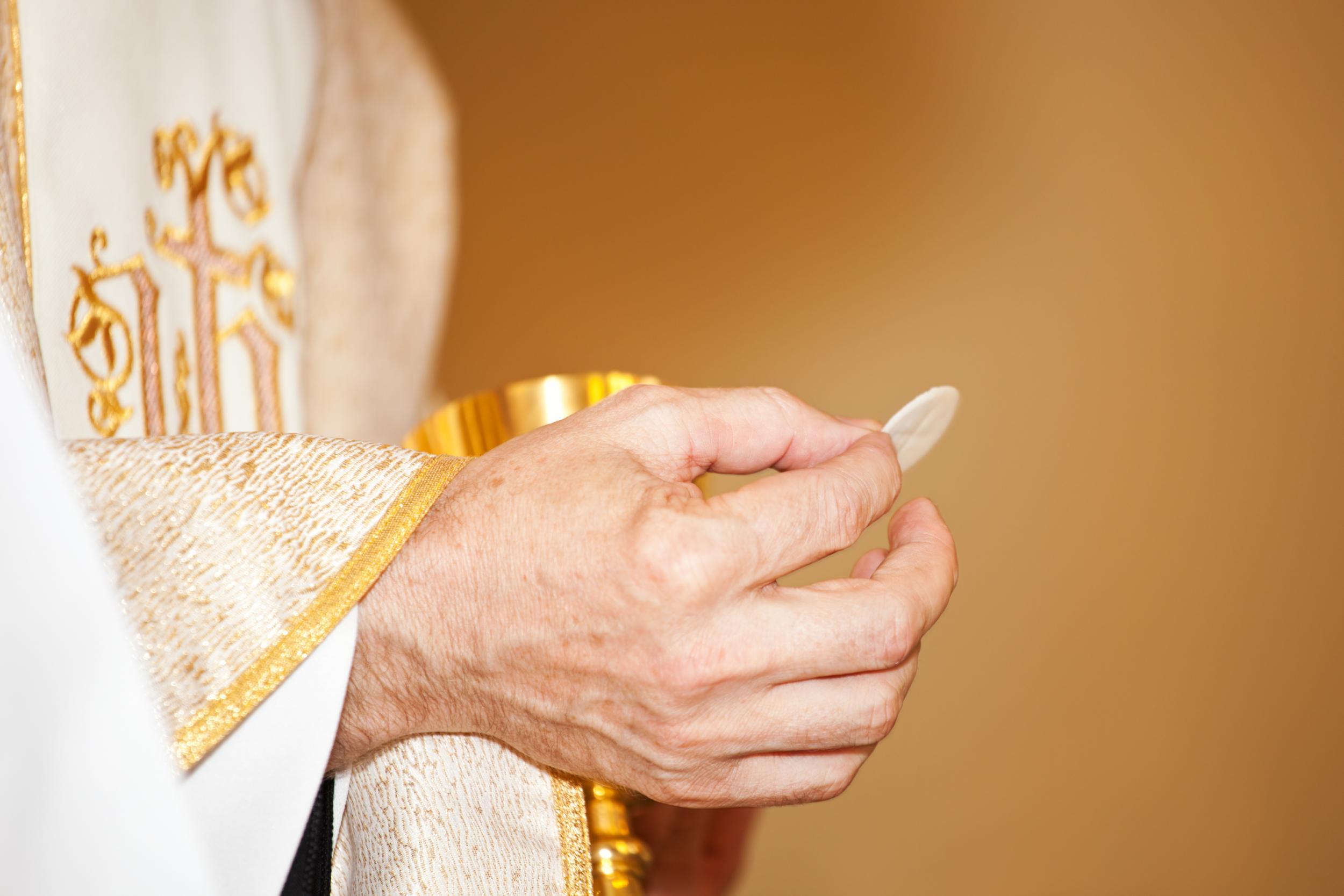Vatican bans gluten-free bread for Holy Communion
“It is a grave abuse to introduce other substances, such as fruit or sugar or honey, into the bread for confecting the Eucharist,” the Cardinal stipulates.

Your support helps us to tell the story
From reproductive rights to climate change to Big Tech, The Independent is on the ground when the story is developing. Whether it's investigating the financials of Elon Musk's pro-Trump PAC or producing our latest documentary, 'The A Word', which shines a light on the American women fighting for reproductive rights, we know how important it is to parse out the facts from the messaging.
At such a critical moment in US history, we need reporters on the ground. Your donation allows us to keep sending journalists to speak to both sides of the story.
The Independent is trusted by Americans across the entire political spectrum. And unlike many other quality news outlets, we choose not to lock Americans out of our reporting and analysis with paywalls. We believe quality journalism should be available to everyone, paid for by those who can afford it.
Your support makes all the difference.The Vatican has outlawed the use of gluten-free bread for Holy Communion. The ruling must be followed by 1.2 billion Catholics around the world wheat intolerant worshipers will be disappointed to hear.
At the request of Pope Francis the announcement was made in a letter to bishops by Cardinal Robert Sarah, prefect of the Congregation for Divine Worship and the Sacraments.
“It is for the Bishop as principal dispenser of the mysteries of God, moderator, promoter and guardian of the liturgical life in the Church entrusted to his care to watch over the quality of the bread and wine to be used at the Eucharist,” Cardinal Sarah wrote.

The Cardinal added that bread “must be unleavened, purely of wheat, and recently made so that there is no danger of decomposition.”
However, low-gluten bread with enough protein in the wheat to make it without additives will be allowed.
Roman Catholics believe that the bread and wine served at the Eucharist are converted into the body and blood of Christ through a process called transubstantiation. The belief commemorates Christ’s sacrifice of himself on the cross.
According to the new ruling, bread if made from or even mixed with a substance other than wheat “does not constitute valid matter for confecting the Sacrifice and the Eucharistic Sacrament.”
The Cardinal wrote that the ruling was needed as a result of Eucharistic bread now being bought from supermarkets and “even over the Internet,” rather than only being made by people in the religious community.
“It is a grave abuse to introduce other substances, such as fruit or sugar or honey, into the bread,” the Cardinal stipulated.
The validity of bakers also came into question with the Cardinal stating that bread should be made by people “distinguished by their integrity”, according to the letter issued last month.
Other specifications included that the wine must not be “soured” and can only be “natural, from the fruit of the grape, pure and incorrupt, not mixed with other substances.”
“It is altogether forbidden to use wine of doubtful authenticity or provenance,” he added.
Australian celiac Eryn Isaac, a youth minister at St. Paul’s Catholic Church in Calgary, told CBC News: “I think that's why the Catholic Church has stood as long as it has.”
“It's because it keeps its tradition — and sometimes it can be very difficult to follow, but I think that they're just trying to keep strong in a society that is kind of turbulent,” she added.
Join our commenting forum
Join thought-provoking conversations, follow other Independent readers and see their replies
Comments